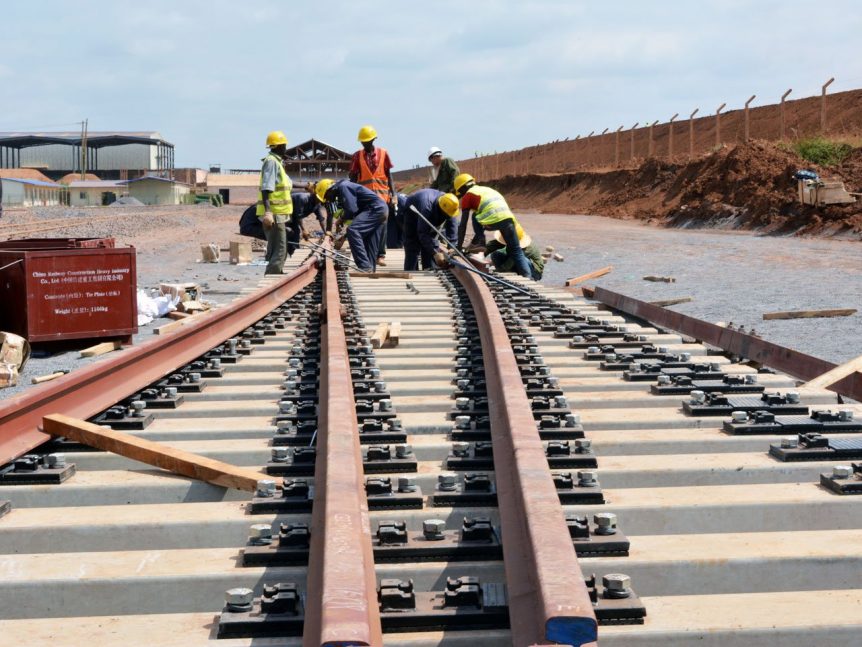Over the years, there was a rapid increase in the pace at which capital intensive and high risks projects of corporations and governments have been funded through the concept called Project funding.
These projects require humongous amounts of funding to embark upon, coupled with the reality that they are filled with high risks. These risks might be in the kind of construction risks, operational risks, economic risks, environmental dangers, and maintenance risks amongst other people which the government or the corporation might not be able to bear alone. The remedy to this in the majority of instances is project finance.
Stefano Gatti defines the notion as”the structured financing of a specific financial entity–the SPV, or special-purpose vehicle, also referred to as the project company–made by patrons with equity or mezzanine debt and for which the creditor considers money flows as being the key source of loan reimbursement, whereas assets represent only collateral.”
Hence project finance deal includes the government or corporation borrowing funds for a capital project through the formation of a specific financial entity known as the Special Purpose Vehicle business or job company. The project company is officially independent of their project sponsor and the repayment of the capital injected into the job is solely based on the financial returns and assets of the job itself and not the balance sheet of this project sponsor.
These will be the: Project Sponsor(s) which could be a single firm or consortium who will be the equity financiers in the company; Job company that’s the entity that will own, operate, and also ensure the maintenance of the job; Bank (s) which might be a commercial lender, a multilateral financial bureau or even an investment bank and lastly, the host government. Asides from such critical players, additional participants in a project finance deal are the construction companies, providers of resources needed for construction, off-takers, insurance companies, law firms and accounting firms.
Read Also: Recession: We need painful Action, Modification to 2021 proposed budget — Atiku
Infrastructural wants: Nigeria’s experience
The infrastructural needs in Nigeria are rather uncountable. The Nigerian Government over the years has failed to meet those needs. Even if efforts are made to set out on a capital project that could impact lives and ease the burden its citizens undergo, these attempts are often sabotaged by cases of misappropriation of funds, lack of political will, use of substandard construction materials, nepotism over meritocracy while awarding contracts among other issues. Therefore, external loans and internally generated earnings of this government have been wasted in time past. This has made it more difficult for the country to bridge the gap in infrastructural improvement.
In 2019, the Chairman of the Nigerian Economic Summit Group, Mr Asue Ighodalo said that the country needs about $100billion to address its infrastructural deficit. According to a report published by Moody’s Investors Services in November 2020, Nigeria needs to invest about $3 trillion in the next 30 years to close the infrastructural gap and accelerate economic growth. Since the government does not have this large amount of money, the job finance mechanism should be among the ways through which the government may uplift the burden of bearing those hefty costs independently.
Azurra Independent Power Project, Egina Oil Project and Lekki Toll Gate Project are great examples of Job financing agreements in Nigeria and how they played out. Therefore, project finance is a way out for the authorities to find the private sector and multilateral institutions onboard. Investments from these parties can help ensure the funding, conclusion, and efficient management of these infrastructural facilities. This offers the nation a much better chance of getting an enabling environment for businesses to thrive.
What’s more, project fund offers a transparent and better-managed arrangement for capital intensive jobs, and through careful attention to potential risks, it may help increase new investments and enhance economic growth. There are various examples of projects that were left abandoned by the authorities and contractors. This kind of scenario is almost nonexistent where a job financing mechanism is set up because there is a contractual structure with strict adherence to corporate governance; consequently, creating a transparent process in the job implementation.
On a final note, that project fund is a mechanism that may be used to solve the infrastructural needs of a growing country like Nigeria has been acknowledged by growth finance specialists and development banks across the world. Despite the complexities attached to these project finance transactions, it has been demonstrated to be a way through which governments can attain economic transformation within their nations.
Dr. Ngozi Okonjo Iweala once said that “without infrastructure, it is very hard to attract private investment. Private investors need supportive infrastructures like industrial parks, electricity and access streets.” It is therefore expedient for the government to implement economic friendly policies; grant waivers and incentives to companies; solve the security challenges in the country; adopt a sustainable financing mechanism and regulatory framework to attract increased funding in capital projects.


